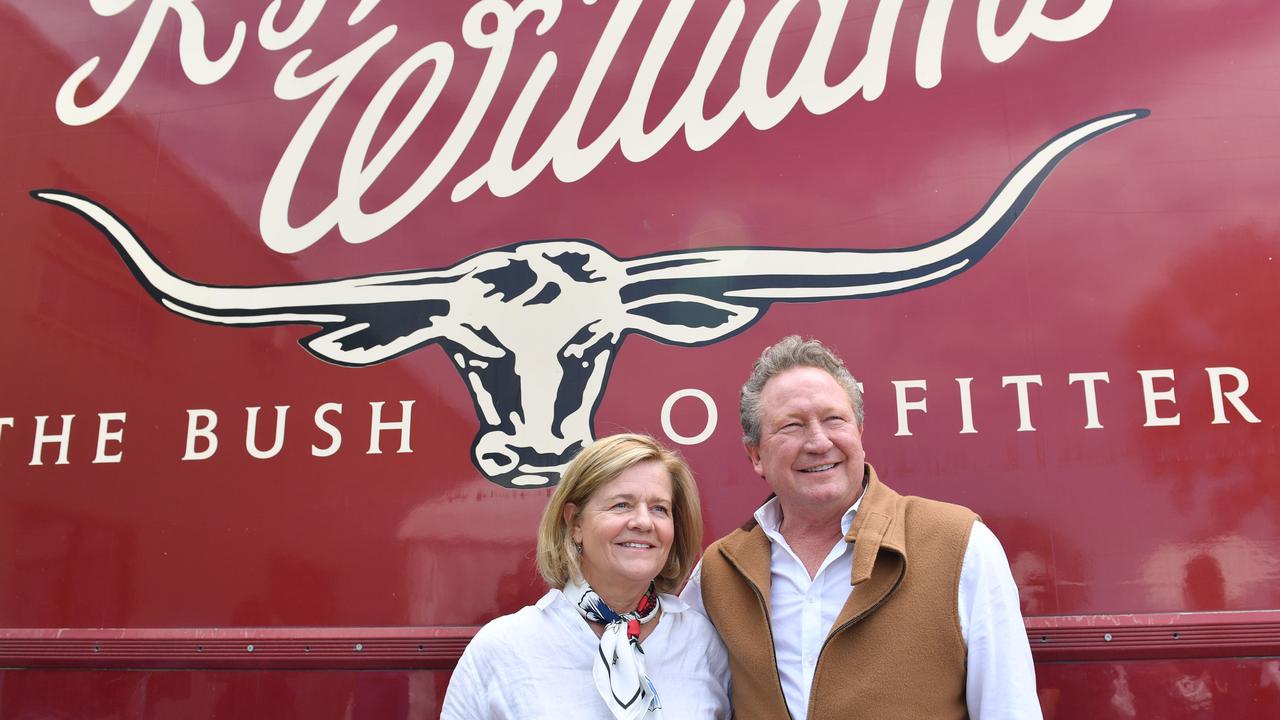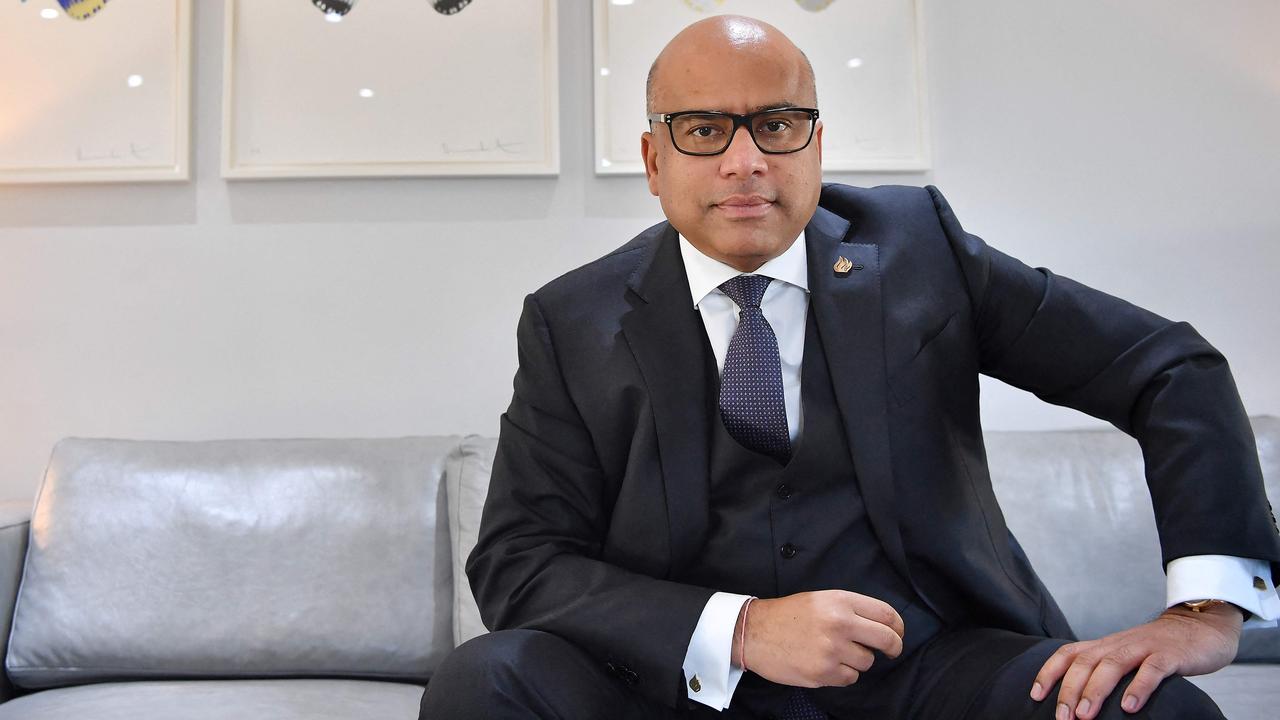Cafe 63 founder Hamish Watson stands behind employment contracts
The founder of the Cafe 63 chain has backed his workplace contract, despite claims it strips staff of their penalty rates.
QLD Business
Don't miss out on the headlines from QLD Business. Followed categories will be added to My News.
CAFE 63 founder Hamish Watson stands behind the restaurant chain’s workplace contract, which allegedly strips employees of their penalty rates.
Cafe 63 employees are given the choice of signing an individual flexibility arrangement (IFA) that sets out a daily allowance for meals, a KPI bonus and a base rate of pay while stating penalty rates and overtime “are reduced to zero” or remaining on the industry award.
Legal experts urge Cafe 63 staff to contact employment watchdog
Wages watchdog claims cafe paid staff illegal ‘wage-plus-meals’ deal
Mr Watson said new procedures and structures had been introduced for IFAs since they became aware of a problem at their Chermside outlet in mid-2017.
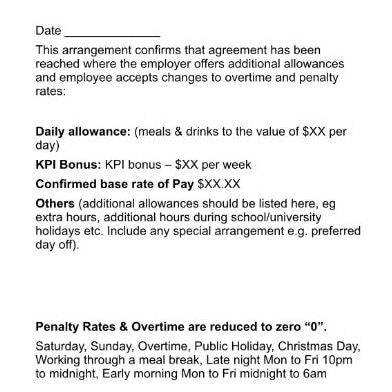
Fair Work Ombudsman has begun legal proceedings against the franchisee of the Chermside outlet in the Federal Circuit Court. A hearing has been set down for February.
The Ombudsman alleges 11 staff, mostly young foreigners on student or bridging visas, were paid a lower hourly wage than the Restaurant Industry Award at the Chermside store.
It’s alleged eight of the staff were paid a flat hourly rate – without penalty rates or overtime – and food “bonuses”.
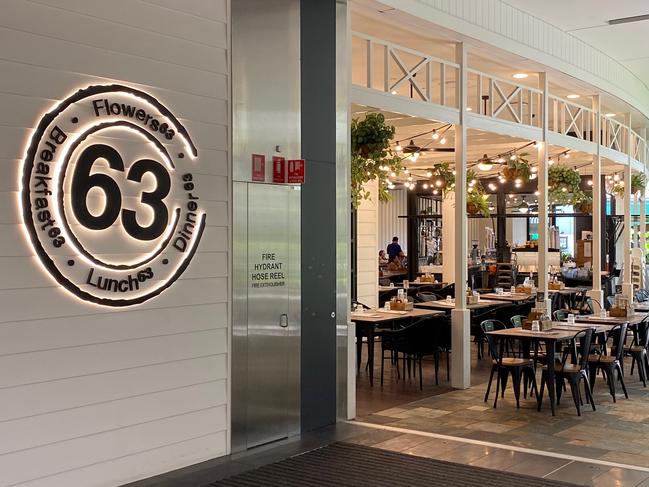
The allegedly unlawful underpayment of cooks, kitchen-hands and waiters occurred on various dates between August 2017 and January 2018, the claim states.
“We became aware of a problem in our Chermside cafe in mid-2017 and immediately acted to rectify the issue and put in place procedures and structure to reduce the chance of this happening again,” Mr Watson said.
“Cafe 63 offers team members the option of working under an Award or Individual Flexibility Agreement in accordance with Fair Work.
“An IFA provides flexibility to workers and accommodates their personal circumstances, however there is no requirement for team members to enter into an IFA.”
Mr Watson said any employee can terminate an IFA by giving 13 weeks written notice and they will then return to the award rate.
“An IFA provides flexibility to workers and accommodates their personal circumstances, however there is no requirement for team members to enter into an IFA,” he said.
An IFA can be terminated at any time by giving 13 weeks written notice and team members will return to an award, he said.
“Under encouragement from staff and owners we revise our agreements to reduce the risk of problems, and we continually look to improve communication with all team members,” he said.


Specialist employment lawyer Roly O’Regan, from Quinn & Scattini, said IFA contracts were unusual, but not uncommon but no employee should sign one before commence their first shift.
He said if any employee has worked under an IFA they should check with the FWO to ensure they were not worse off than they would have been under award.
“An IFA can only be made after an employee has commenced employment, meaning an employer cannot ask a prospective employee to agree to an IFA as a condition of employment,” Mr O’Regan said.
Griffith University Employment Relations lecturer Dr Ben French said employees had to be “better off” under an IFA than the hospitality award.
“It’s got to be better off than the award,” Dr French said.
“The flexibility agreement is not there for employers to get away with not paying the correct entitlement.”
Having started just seven years ago, Cafe 63 boasts 40 outlets across greater Brisbane.
One franchisee, who did not want to be named for fear of repercussions, said they had never employed anyone on an IFA because they had their doubts about the legality.
“If an employee was happy to use it then Cafe 63 suggested we use it,” the franchisee said.
United Workers Union national president Jo-Anne Schofield criticised the use of IFAs and said their experience was that Cafe 63 staff under an IFA were reluctant to come forward.
She said the wage theft was rife across the hospitality industry generally and the contracts were highly suspect.
“We understand staff have been reluctant to come forward,” Ms Schofield said.
“This so-called ‘individual flexibility arrangement’ is appalling, and it strips away entitlements from workers.
“Our message to workers is simple – don’t sign anything before seeking advice from your union.”
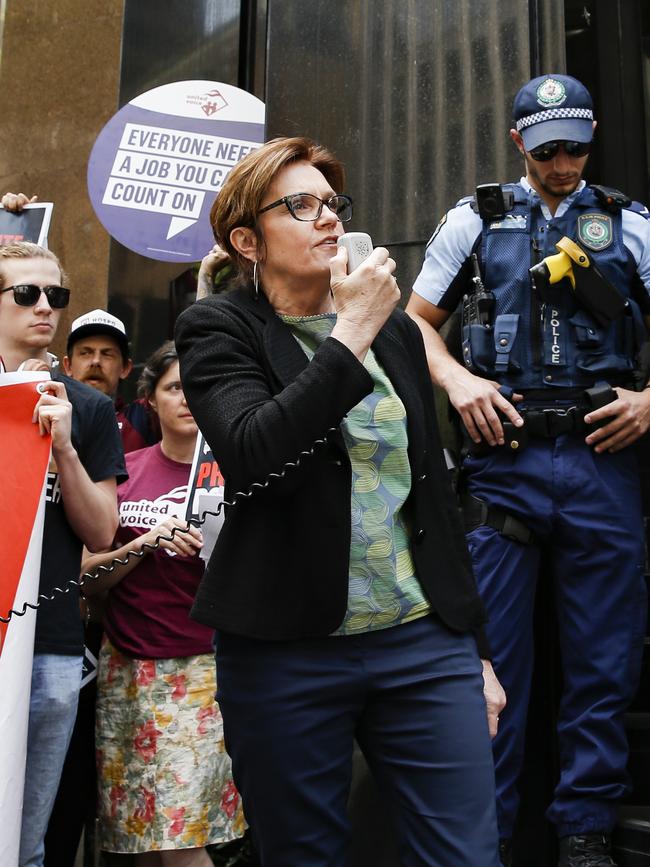
The FWO Registered Organisations Commission report, released last month, highlighted that migrant workers in the Australian workforce were the most vulnerable.
The report stated the hospitality industry made up only seven per cent of the labour force, but consistently had the highest number (36 per cent) of disputes.
Of all the litigations the FWO commenced during 2018-19, 83 per cent involved at least one, if not more, foreign workers, the report said.
“Our research indicates that migrant workers are often vulnerable to exploitation because they are new to the Australian labour market, have limited knowledge about their workplace rights and entitlements.”

